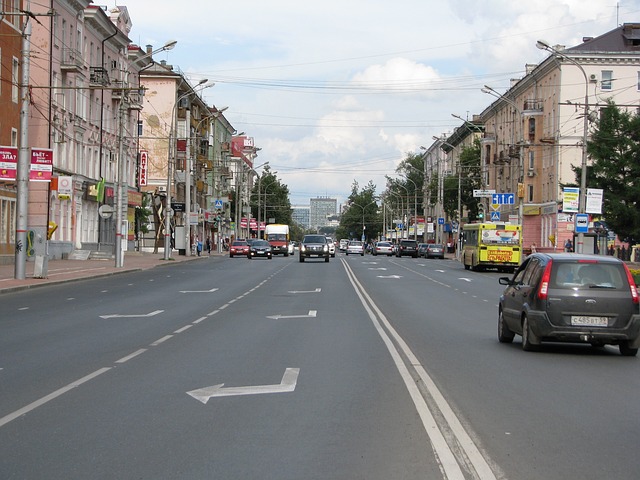poker face poker face 🎃 Poker Face: The Art of Deception in Life and Games

Poker Face: The Art of Deception in Life and Games
In a world where authenticity is often celebrated, the poker face stands as a paradox. It’s a mask of composure, a shield against vulnerability, and a tool of strategy that transcends the poker table. While many might view it as mere deception, the poker face embodies a deeper narrative about human interaction, emotional intelligence, and the delicate balance between honesty and strategy in our daily lives.
At its core, the poker face is about control. It’s the ability to maintain a neutral expression, regardless of the chaos swirling around you. Imagine sitting at a table, surrounded by players who are just as eager to win as you are. Each glance, each twitch, and every subtle movement can reveal a wealth of information. The poker face becomes your greatest ally, allowing you to conceal your thoughts and intentions while deciphering those of others. This skill is not just limited to the game of poker; it seeps into our everyday interactions, from business negotiations to personal relationships.
Consider the workplace, where the stakes can be just as high as in a game of cards. A well-timed poker face can mean the difference between landing a promotion or being overlooked. In meetings, where ideas are pitched and decisions are made, the ability to mask your true feelings can be a strategic advantage. It allows you to navigate the often murky waters of office politics, where showing too much enthusiasm or disappointment can lead to misinterpretations. By adopting a poker face, you can maintain an air of professionalism, keeping your emotions in check while still engaging with your colleagues.poker face poker face
However, the poker face is not without its critics. Some argue that it promotes dishonesty and a lack of transparency. In a society that values openness, the idea of concealing one’s emotions can feel counterintuitive. Yet, it’s essential to recognize that the poker face is not about lying; it’s about choosing when to reveal your cards. In many situations, being overly expressive can lead to misunderstandings or even exploitation. By controlling your emotional responses, you can protect yourself while still engaging meaningfully with others.poker face poker face

In personal relationships, the poker face can be a double-edged sword. On one hand, it can help you navigate conflicts without escalating tensions. On the other, it can create barriers to intimacy. When partners hide their true feelings behind a mask, it can lead to a disconnect, where one person feels unheard or unvalued. The challenge lies in finding the right balance. It’s crucial to know when to employ the poker face and when to drop it, allowing for genuine connection and vulnerability.
Moreover, the poker face is a reflection of emotional intelligence. It requires a keen awareness of not only your own emotions but also those of others. The ability to read a room, to sense when someone is bluffing or when they are genuinely invested, is a skill that can be honed over time. This awareness can lead to more profound connections, as you learn to navigate the complexities of human interaction with grace and empathy.poker face poker face

In the realm of social interactions, the poker face can also serve as a protective mechanism. In a world where everyone seems to be vying for attention, maintaining a poker face can help you stand out. It signals confidence and self-assuredness, traits that are often admired. People are drawn to those who exude calmness, even in the face of adversity. By mastering the art of the poker face, you can cultivate an aura of mystery that intrigues others, prompting them to engage with you on a deeper level.
Yet, it’s essential to remember that the poker face should not be a permanent fixture. Life is not a game, and genuine connections require authenticity. While it’s beneficial to have a poker face in certain situations, it’s equally important to allow yourself to be vulnerable. Sharing your true feelings can foster trust and deepen relationships, creating a safe space for others to do the same. The key is to know when to play your cards close to your chest and when to lay them on the table.
In conclusion, the poker face is more than just a strategy for winning games; it’s a reflection of our complex human nature. It embodies the tension between authenticity and strategy, vulnerability and control. As we navigate the intricate web of our lives, mastering the poker face can empower us to engage more thoughtfully with the world around us. So, the next time you find yourself at a table—whether in a game of poker or in the game of life—remember that sometimes, the best move is to keep a straight face and play your hand wisely.
Fale conosco. Envie dúvidas, críticas ou sugestões para a nossa equipe através dos contatos abaixo:
Telefone: 0086-10-8805-0795
Email: portuguese@9099.com


